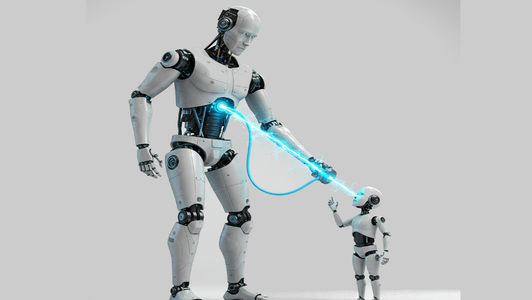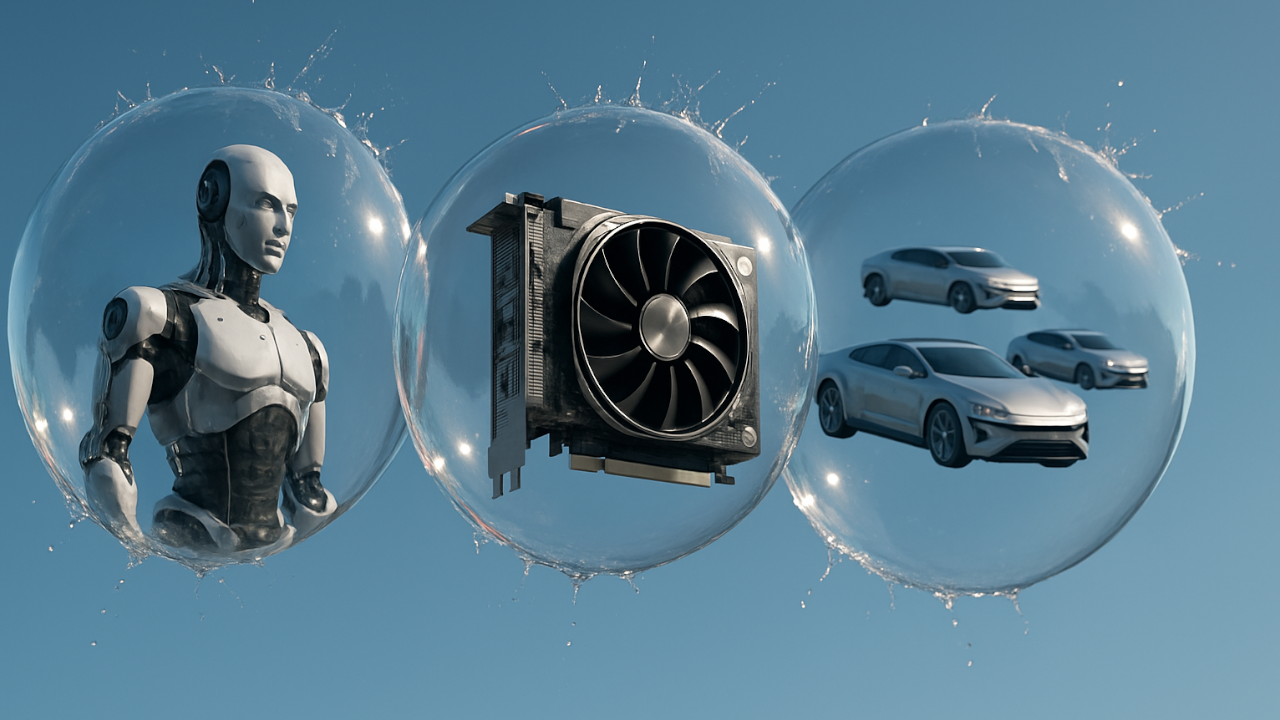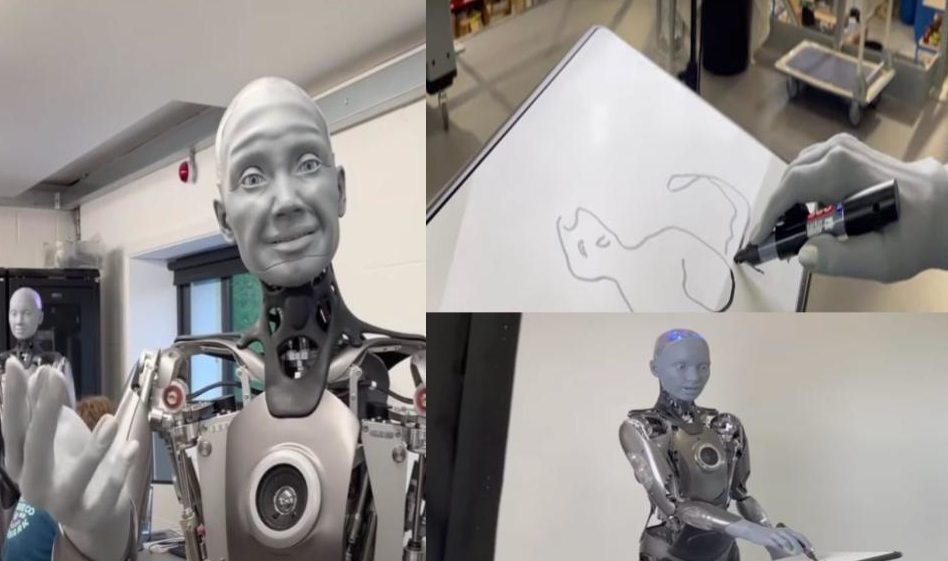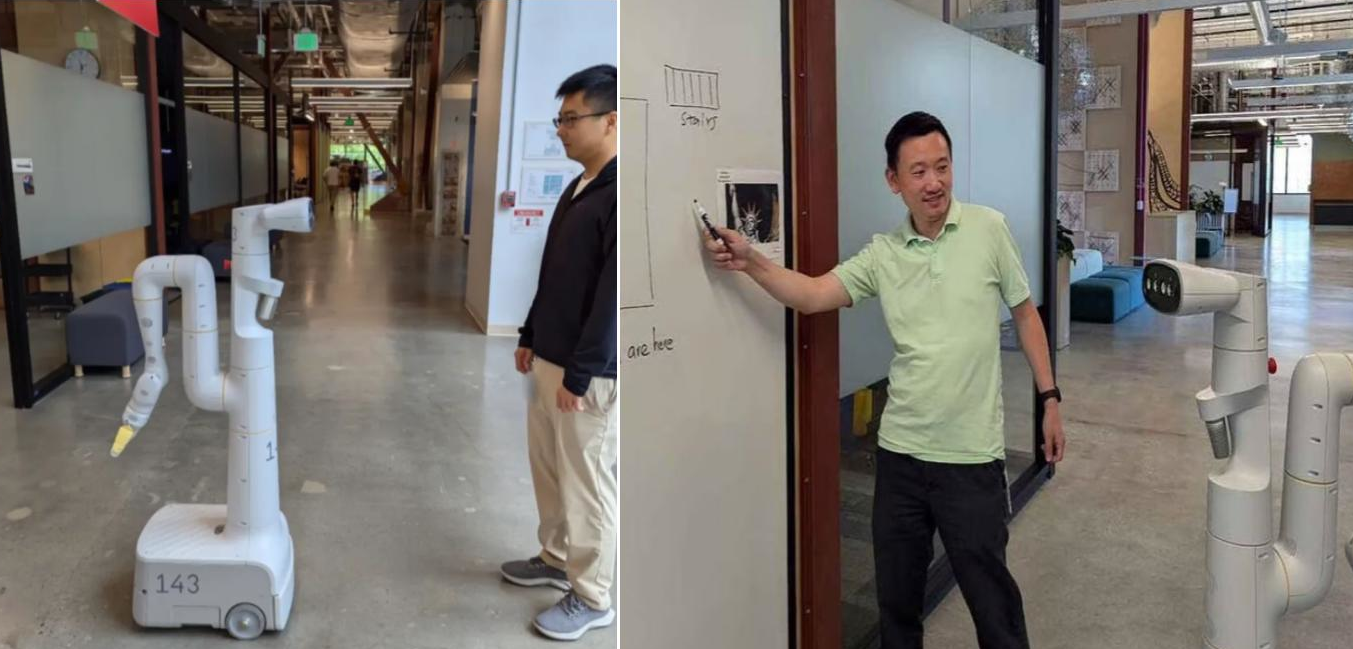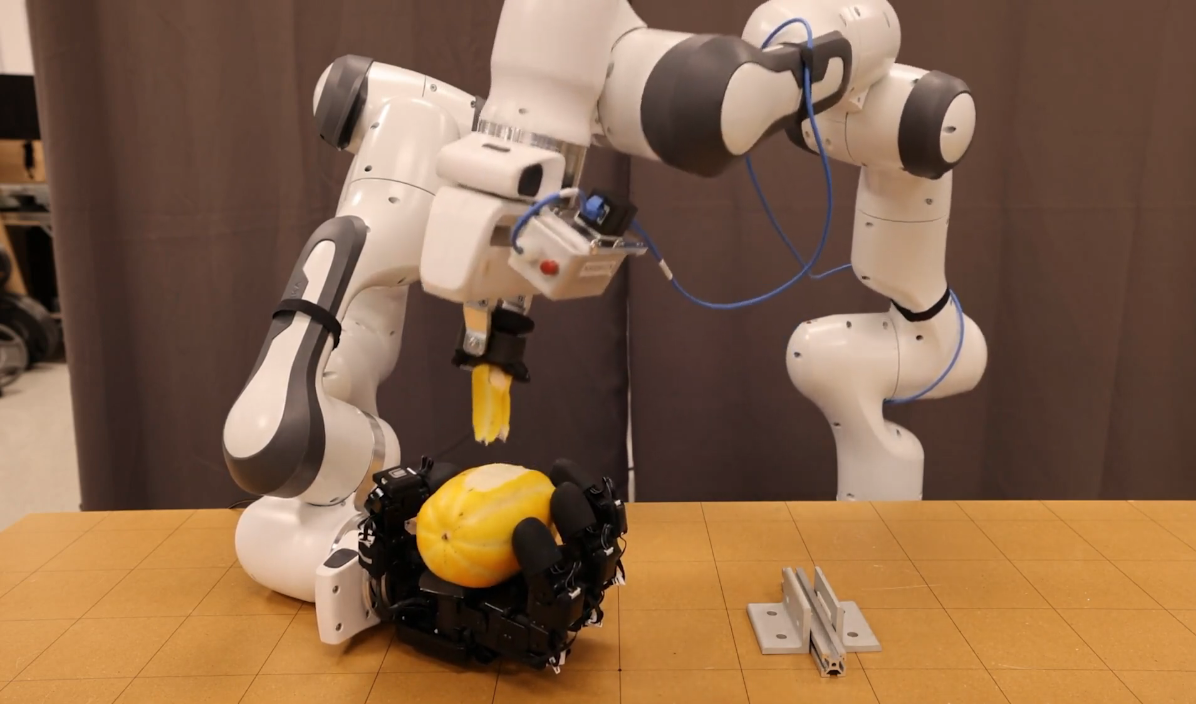Large deep learning models, such as ChatGPT, Gemini, DeepSeek, and Grok, have achieved remarkable progress in artificial intelligence’s ability to understand and respond. However, their significant size consumes substantial computational resources, consequently increasing their usage costs.
For this reason, companies are actively striving to maintain the power of these models while reducing their size to lower costs and facilitate easier deployment. This is where the technique of knowledge distillation comes into play.
Knowledge distillation is the process of transferring knowledge from a large, complex model (the teacher) to a smaller, more efficient model (the student). In this context, engineers build a smaller model and, instead of relying solely on the data the large model was trained on, they use the large model’s outputs to train the smaller one. This allows the smaller model to benefit from the implicit knowledge embedded within the larger model, which transcends the importance of mere training data. The student learns to mimic the teacher’s responses rather than developing a deeper understanding independently, all while achieving greater efficiency in the use of computational resources.
Companies leverage this technology to offer distilled artificial intelligence models, enabling users to run them directly on their own devices. Furthermore, when companies utilize these distilled models, it helps reduce costs and increase the response speed of AI applications for users.
Additionally, these models can be used directly on user devices and operated efficiently without the need for a network connection and information transfer over the internet, which safeguards user privacy.
However, the distilled model (or student) will naturally not be identical to the capabilities of the teacher model. There is some loss of knowledge due to its smaller size, which may limit its ability to grasp the full depth of knowledge possessed by the teacher. It may also face greater difficulties in cases it hasn’t been adequately trained on, leading to a reduced ability to generalize knowledge.
Moreover, training the distilled model to operate with high efficiency is also a costly process and may not be beneficial in many scenarios.
Despite these challenges, knowledge distillation is fundamental to the development, dissemination, and utilization of artificial intelligence. It ensures easy and rapid access to the latest and most powerful AI models using fewer resources. Consequently, researchers and companies continue to refine distillation strategies, aiming to enhance the efficiency of distilled AI models while minimizing the knowledge gap compared to the teacher.
